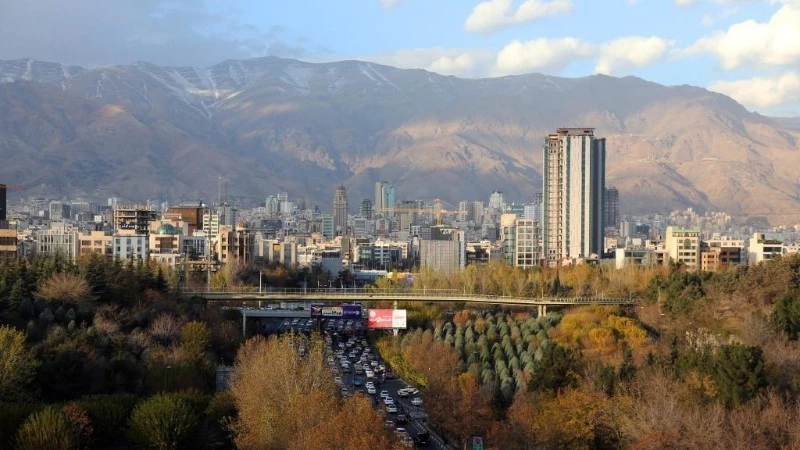Narrow window for Iran nuclear deal
The window for negotiations on the Iran nuclear deal is closing as the parties take increasingly hard-line positions. Ten years since the signing of the historic agreement, Europe now finds itself at a crossroads: to continue pursuing diplomacy or to reimpose sanctions and increase pressure on Tehran.
 |
| Tehran, the capital of Iran. |
In 2015, the nuclear deal between Iran and the P5+1 group, known as the Joint Comprehensive Plan of Action (JCPOA), was signed, marking a historic turning point in relations between Iran and the West. The agreement paved the way for lifting international sanctions imposed on the Islamic Republic, while also standing as a European achievement in addressing one of the most difficult international security dossiers.
Yet, after ten years, from once being a symbol of “dialogue over confrontation,” the deal has become an example of diplomatic deadlock, caused by breakdowns and eroded trust among the parties.
Recent tensions have further narrowed the window for talks. In a letter to the United Nations Secretary-General and the UN Security Council, the UK, France and Germany declared their readiness to reimpose UN sanctions on Iran should Tehran fail to take any diplomatic steps concerning its nuclear programme before the end of August 2025.
French Minister for Europe and Foreign Affairs Jean-Noel Barrot stressed that France, together with the UK and Germany, had valid reasons to reinstate the global embargo on Iran’s weapons, banking sector and nuclear equipment, which had been lifted ten years earlier. Iran, however, has maintained a relatively firm stance.
At the beginning of August 2025, Iran announced it would not allow delegations of the International Atomic Energy Agency (IAEA) to conduct inspections of its nuclear facilities, limiting the agency’s role to dialogue with Iranian officials and experts.
The nuclear deal had already stalled after US President Donald Trump unilaterally withdrew from it in 2018. While Iran and the E3 (the UK, France and Germany) have continued negotiations, relations have significantly deteriorated. US sanctions on Iran, coupled with Tehran’s increased uranium enrichment – as reported by the IAEA – have further eroded trust.
Rising tensions in the Middle East, culminating in US and Israeli air strikes on Iranian nuclear facilities, have complicated efforts to resume talks. The strikes have extinguished fragile hopes of US-Iran dialogue under Oman’s mediation.
History has shown that using force against a nation’s nuclear programme not only fails to eliminate nuclear threats but can also prove counterproductive. Israel’s 1981 air strike on Iraq’s nuclear reactor is a case in point. In Iran’s case, military action has only driven it away from nuclear cooperation and pushed the region into deeper instability.
As trust between the parties plummets and geopolitical uncertainties abound, Europe’s path in resolving the Iran nuclear dossier remains a matter of concern. As a mediator and guarantor of the deal, Europe now faces a strategic choice: to continue pursuing diplomacy and dialogue, or to be drawn into harsh sanctions. Whether the “ultimatum” from the E3 exerts sufficient pressure for Iran to concede and return to the negotiating table remains unclear. For now, relations are only growing more strained, placing the deal at risk of collapse under excessive pressure.
In July 2025, Iran warned it would respond in kind if the E3 activated the sanctions snapback mechanism. Analysts note that sanctions, if imposed arbitrarily, would undermine the legal legitimacy of the nuclear deal. A narrow opening for diplomacy remains, but even the smallest miscalculation could shatter this fragile agreement.
NDO





READER COMMENTS